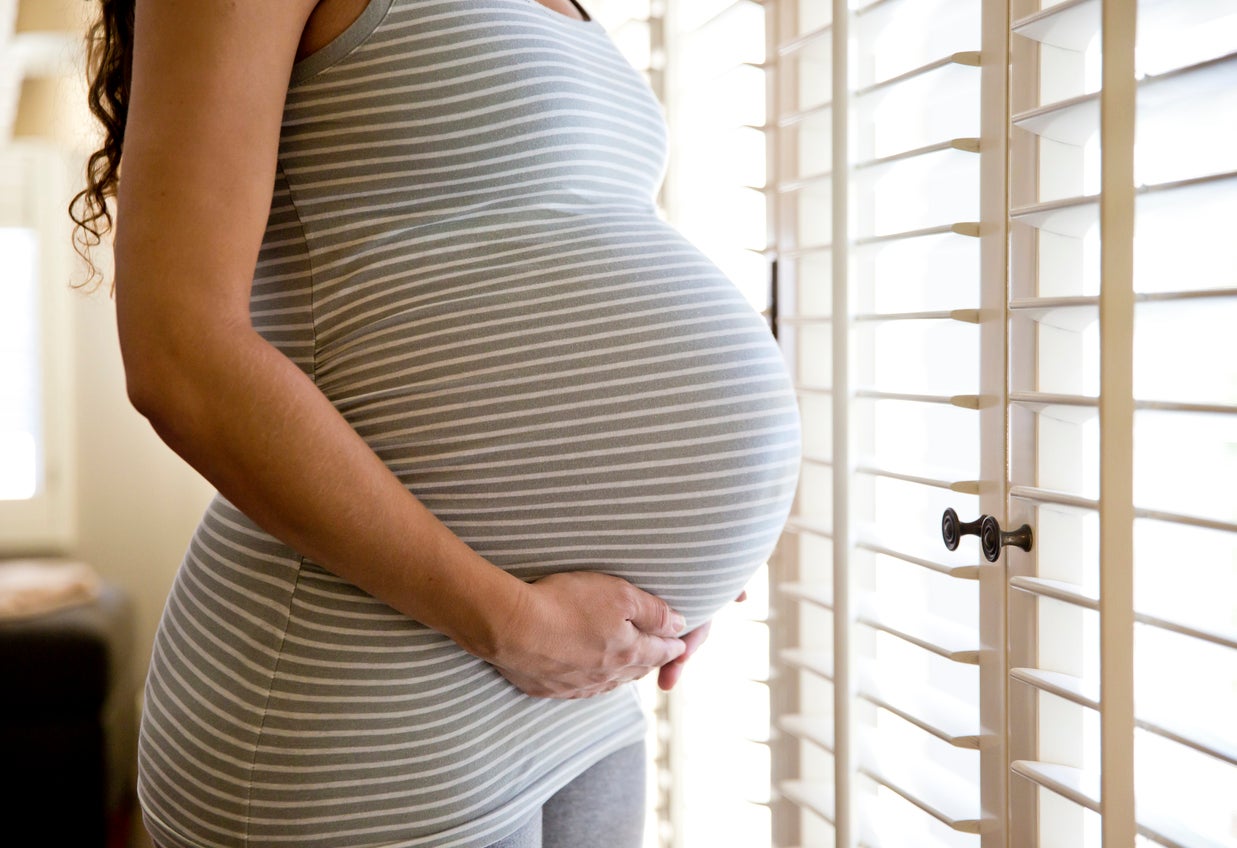Pregnant women can exercise in warm weather and use saunas without risking the health of their unborn child, study finds
Current advice says that pregnant women should avoid heat stress based on concerns about possible risks of exceeding a core body temperature

Your support helps us to tell the story
From reproductive rights to climate change to Big Tech, The Independent is on the ground when the story is developing. Whether it's investigating the financials of Elon Musk's pro-Trump PAC or producing our latest documentary, 'The A Word', which shines a light on the American women fighting for reproductive rights, we know how important it is to parse out the facts from the messaging.
At such a critical moment in US history, we need reporters on the ground. Your donation allows us to keep sending journalists to speak to both sides of the story.
The Independent is trusted by Americans across the entire political spectrum. And unlike many other quality news outlets, we choose not to lock Americans out of our reporting and analysis with paywalls. We believe quality journalism should be available to everyone, paid for by those who can afford it.
Your support makes all the difference.Pregnant women can exercise in warm weather and use saunas or hot baths without risking the health of their unborn child, according to a study which contradicts current advice that women should avoid getting too hot.
The University of Exeter was involved in carrying out the research, which analysed the results of 12 studies published up to July 2017.
These reported the core temperature response of 347 pregnant women to heat stress, either through exercise or through passive heating, such as using a sauna or sitting in a hot bath.
Current advice says that pregnant women should avoid heat stress based on concerns about possible risks of exceeding a core body temperature of 39C during pregnancy.
Their research, which is published online in the British Journal of Sports Medicine, found no woman exceeded the recommended core temperature limit of 39C across all studies.
The highest overall individual core temperature reported was 38.9C, while the highest average core temperature was 38.3C for exercise on land, 37.5C for exercise in water, 36.9C for hot water bathing and 37.6C for sauna exposure.
Based on these results, the researchers say that pregnant women can safely engage in up to 35 minutes of high intensity aerobic exercise (at 80-90% of their maximum heart rate) at air temperatures of up to 25C and 45 per cent relative humidity.
They said they can also safely take part in aqua-aerobic exercise in water temperatures ranging from 28.8C to 33.4C for up to 45 minutes, and sit in hot baths (40C) or hot/dry saunas (70C; 15 per cent relative humidity) for up to 20 minutes, irrespective of pregnancy stage, without reaching the recommended core temperature limit of 39C.
They argued that current guidelines do not clearly define heat stress limits and may therefore be discouraging physical activity during pregnancy, even though it could benefit both mother and child.
The studies they analysed included women at any stage of pregnancy and responses were measured according to intensity and duration of exercise as well as ambient temperature and humidity.
Some also showed a reduction in the rise in core temperature as pregnancy progressed, lending support to the theory that thermal regulation was enhanced during pregnancy.
While the underlying reason for this is unclear, the researchers suspect it may be linked to changes in body mass and surface area.
They pointed out some limitations of their review, such as the small body and varying quality of evidence, and inconsistency in study design.
They suggested more research was needed to identify safe exposure and environmental limits for pregnant women who are physically active in hotter climates, but said their results suggested that heat stress risk was low.
The study was led by Dr Ollie Jay, of the University of Sydney.
He said: "Health guidelines for pregnant women unanimously state that hot water immersion or sauna use should be restricted due to the elevated risk of maternal hyperthermia and the consequent potential impact on foetal development.
"However, our results suggest that heat stress risk is low."
Press Association
Join our commenting forum
Join thought-provoking conversations, follow other Independent readers and see their replies
Comments